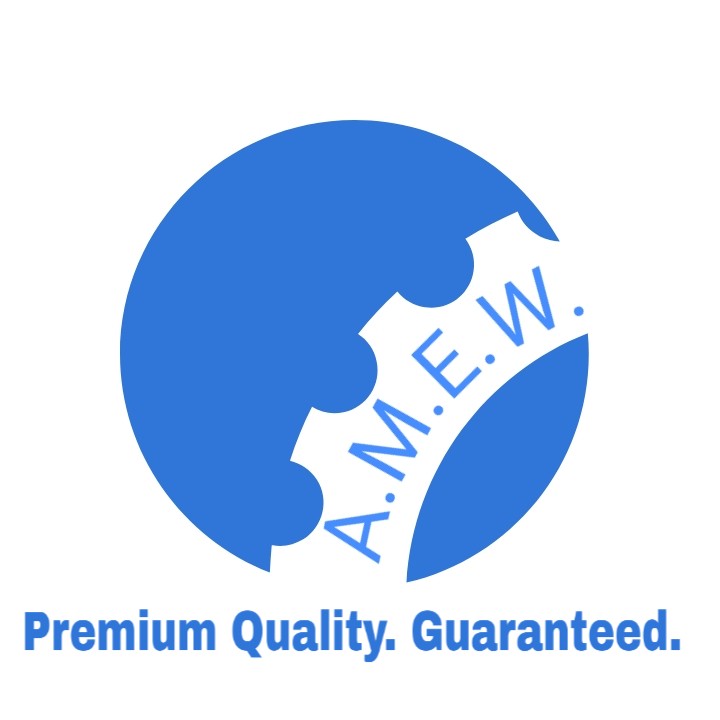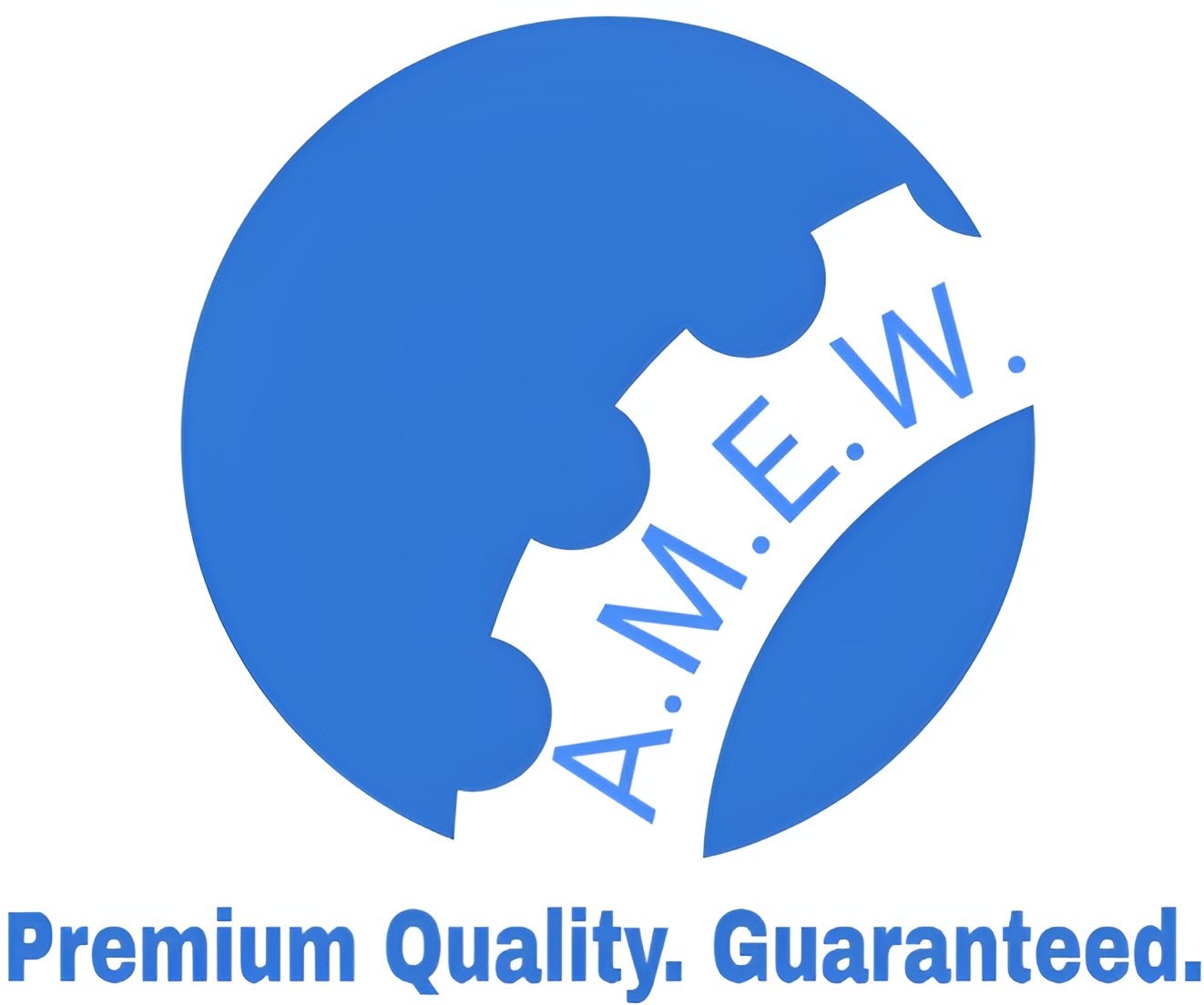Pressure Vessel Steel Plates: Overview
Pressure vessel steel plates are specially designed to handle high pressure and temperature conditions in the fabrication of pressure vessels and boilers. These plates are engineered to withstand the extreme stresses involved in the storage and containment of gases or liquids, often under elevated temperatures and pressures. Pressure vessel steel plates are known for their excellent strength, toughness, and weldability, making them ideal for use in industries such as oil and gas, chemical processing, and power generation.
Common standards for pressure vessel steel include ASTM, ASME, and EN specifications. Popular grades include ASTM A516, A387, and EN 10028.
Key Grades of Pressure Vessel Steel Plates
| Grade | Standard | Tensile Strength (MPa) | Yield Strength (MPa) | Applications |
|---|---|---|---|---|
| ASTM A516 Grade 60 | ASTM | 415-550 | 220 | Low-to-moderate temperature pressure vessels |
| ASTM A516 Grade 70 | ASTM | 485-620 | 260 | High-temperature pressure vessels, boilers |
| ASTM A387 Grade 11 | ASTM | 415-585 | 205 | Chromium-molybdenum alloy for high-temperature service |
| EN 10028 P265GH | EN | 410-530 | 265 | Low-to-moderate temperature pressure vessels |
| EN 10028 P355GH | EN | 490-630 | 355 | High-temperature pressure vessels, steam boilers |
| SA 516 Grade 70 | ASME | 485-620 | 260 | Boilers, oil and gas storage tanks |
| SA 387 Grade 22 | ASME | 515-690 | 275 | High-temperature equipment, nuclear reactors |
| JIS G3115 SPV355 | JIS | 510-650 | 355 | Pressure vessels, heat exchangers |
Applications of Pressure Vessel Steel Plates
| Industry | Application Areas | Grade Recommendations |
|---|---|---|
| Oil & Gas | Storage tanks, separators, and pressure vessels | ASTM A516 Grade 70, ASTM A387 Grade 11 |
| Chemical Processing | Reactors, heat exchangers, and chemical storage tanks | EN 10028 P265GH, P355GH |
| Power Generation | Boilers, steam turbines, and heat recovery systems | ASTM A516 Grade 70, SA 516 Grade 70 |
| Nuclear Energy | Pressure vessels, steam generators, and containment systems | SA 387 Grade 22, ASTM A387 Grade 11 |
| Petrochemical | Distillation columns, reformers, and hydrotreaters | ASTM A516 Grade 70, ASTM A387 Grade 11 |
| Marine Industry | LNG storage tanks, pressure vessels in ships | ASTM A516 Grade 60, JIS G3115 SPV355 |
| Food Processing | Sterilizers, storage tanks for high-pressure liquids | EN 10028 P265GH, P355GH |
Properties of Pressure Vessel Steel Plates
- High Strength: These steel plates are designed to endure extreme stress from high pressure and temperature, ensuring the integrity of vessels even in harsh conditions.
- Excellent Toughness: Pressure vessel steel maintains its toughness at low and high temperatures, providing resistance to cracking or fracturing.
- Good Weldability: Most pressure vessel grades are designed to be easily welded, enabling secure fabrication of vessels and boilers.
- Corrosion Resistance: Some grades, particularly those alloyed with chromium and molybdenum (e.g., ASTM A387), offer enhanced resistance to corrosion and oxidation at high temperatures.
- Temperature Resistance: High-temperature grades like ASTM A387 and EN 10028 P355GH are used in environments where the vessel must withstand prolonged exposure to elevated temperatures.
Comparison of Pressure Vessel Steel Grades
| Property | ASTM A516 Grade 70 | EN 10028 P355GH | ASTM A387 Grade 11 | SA 387 Grade 22 |
|---|---|---|---|---|
| Yield Strength (MPa) | 260 | 355 | 205 | 275 |
| Tensile Strength (MPa) | 485-620 | 490-630 | 415-585 | 515-690 |
| Temperature Range | Moderate to high | High | High-temperature service | High-temperature, nuclear |
| Applications | Boilers, tanks | Steam boilers, pressure vessels | Petrochemical, heat exchangers | Nuclear reactors, steam generators |
| Cost | Moderate | Moderate to high | High | High |
Typical Sizes and Thickness of Pressure Vessel Steel Plates
| Thickness (mm) | Width (mm) | Length (mm) |
|---|---|---|
| 5-200 | 1000-4000 | 6000-12000 |
Custom sizes are available to meet specific project requirements.
Advantages of Pressure Vessel Steel Plates
- Safety: Engineered to withstand extreme conditions, ensuring the safety of the storage or containment system.
- Durability: High resistance to fatigue and stress cracking prolongs the life of pressure vessels, reducing maintenance costs.
- Versatility: Available in a wide range of grades to suit specific applications, from moderate to high temperatures and pressures.
- Cost-Effective: Pressure vessel steel ensures long-term reliability, minimizing downtime and reducing the need for frequent replacements.
- Compliance: Meets stringent industry standards, ensuring regulatory compliance for industries like oil and gas, chemical, and power generation.
Selecting the Right Pressure Vessel Steel Grade
Choosing the appropriate pressure vessel steel grade depends on the service environment, including pressure, temperature, and the type of fluid contained. For moderate temperatures and pressures, ASTM A516 Grade 60 or 70 is commonly used. For high-temperature service or applications requiring enhanced corrosion resistance, grades like ASTM A387 Grade 11 or SA 387 Grade 22 are preferred.

